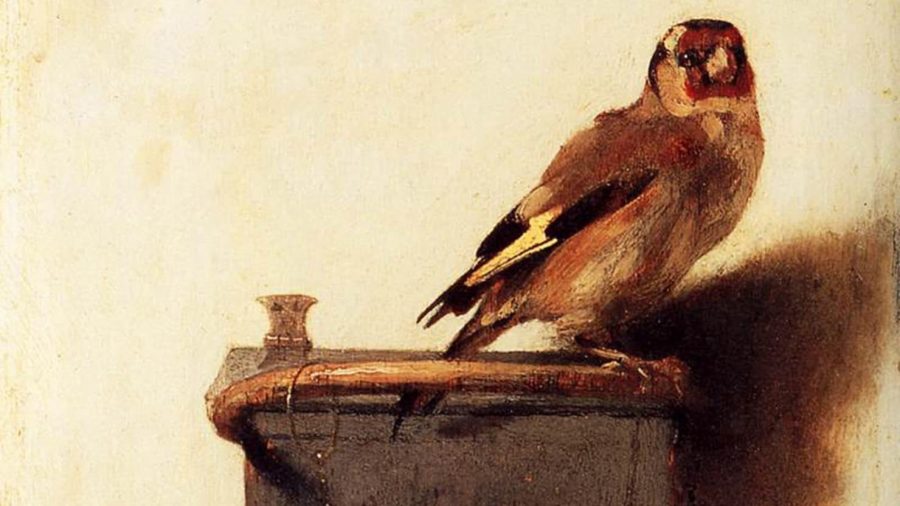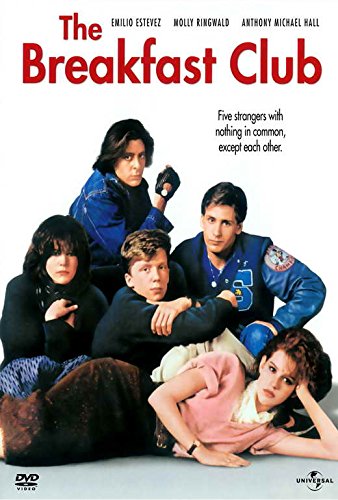
by Jacob Gurvis
When is it okay to cheat? This is a question that is always on the minds of fans and analysts across sports. Usually the answer is a simple “never,” but a strange occurrence at a Red Sox-Yankees game on April 23 has shed some new light on the debate.
On April 10, the Yankees beat the Red Sox in New York, with a strong seven-strikeout performance from young pitcher Michael Pineda. Pineda is a 25-year-old Dominican pitcher that the Yankees have been excited about for a few years.
After (and during) his start against Boston, many people noticed a suspicious brown substance on the palm of his pitching hand. The Red Sox did not complain or argue or anything, and no action was taken, save for a “warning” from the higher-ups in MLB.
Pineda had clearly used pine tar in his prior start, and had gotten away with it. Thirteen days later, when Pineda faced the Sox again at Fenway, it was unknown whether he would attempt anything sketchy again. Needless to say, he had more eyes watching him the second time around.
Coming out for the bottom of the second inning, he had a notable brown smear on his neck. Sox skipper John Farrell noticed this and told homeplate umpire Gerry Davis, who inspected Pineda, found the pine tar on his neck, and ejected the pitcher immediately. Pineda received a ten-game suspension for the incident.
Call it ignorance, call it arrogance, call it what you want. Regardless of Pineda’s reasoning, it has since re-sparked a debate across baseball: is the use of pine tar okay?
In the game of baseball, there are the rules set by the league, and then there are the unwritten rules that govern the playing styles and attitudes of players. One of them is that the use of substances to better the grip of the ball for pitchers is acceptable. Even if it’s an illegal substance, it is generally okay. Pitchers use such substances in bad conditions, and they help the pitcher keep better control of the ball, preventing more batters from getting hit. This is why batters are usually okay with it.
The complicated part of this unwritten rule (besides the fact that it’s against the rules) is the ambiguity. It would seem that if a pitcher uses pine tar, but is subtle and secretive, then it’s acceptable. But if he uses it obviously and gets caught, like Pineda, then it’s not okay.
The consensus across baseball is that everyone does it. All pitchers use something to keep a grip on the ball, whether its rosin, sunscreen, pine tar, or whatever. A lot of pitchers cheat, and most of the time, if they conceal it, people look the other way.
Some people think the use of pine tar should just be legal, and everyone should be allowed to use it. I don’t like it, but if it’s going to prevent injury (fewer batters will get hit if pitchers have more control) then I’m okay with it.
The issue is, making it legal makes it harder to control. If theoretically, pitchers were allowed to use pine tar when necessary, then enforcing that becomes impossible. In truth, it has to be an all-or-nothing deal. Either nobody can use it legally, or everybody can. Any other rule would be hard to police, and people would continue to use it illegally.
Yes, pine tar is currently not allowed. But if so many people use it, and everyone knows that people use it, then maybe it’s time to change or fix the rule so it actually works. At the least, pitchers should be educated about this unwritten rule, so that if the rule continues to be ignored, it is done so “correctly.”
I don’t have the answer. I don’t know what they should do about it. But what I do know is that this has to be addressed, before more young, clueless Pinedas start to think that it’s acceptable to cheat because “everyone does it.”















































